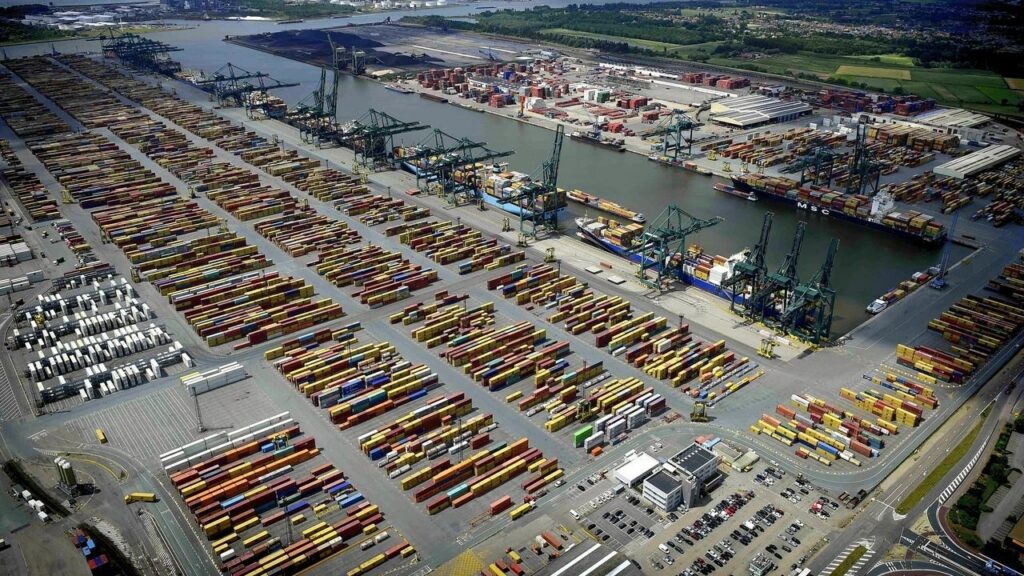Governments and political figures in Latin America have been demanding for at least a decade an overhaul of international drug policy. Their reasons are evident. The region is the most violent of the world.
Forced displacement results in more migrants per capita than in any other region in the globe. Of the ten most dangerous cities worldwide, nine are in Latin America. Unsurprisingly, the areas where cocaine trade is intense raise the region’s average.
A swift way to help Latin America put an end to this deadly spiral and develop faster would be to update international drug policy. If cocaine trade were decriminalised, not only violence levels would decrease, but a new export industry would develop, creating formal jobs and increasing governments’ tax revenue.
The debate recently surfaced after the case for ending the war on drugs was recently made by The Economist and The New York Times.
Despite the billions spent every year in the war on drugs, drug related deaths and drug consumption continue to rise. The profitability wrought by its illegal status provides the fuel that keeps the fire burning.
Although Latin America would be the greatest beneficiary of an end to the war on drugs, the Global North would also gain from it. For starters, less violence and more prosperity would push fewer Latin Americans to illegally emigrate to the US.
The case for the European Union
Drug traffic and the development of powerful mafias is becoming more of a problem in Europe itself than once thought. The EU is on the path to become the main market in the world for cocaine.
The traffic of cocaine in the port of Antwerp is equivalent to ten percent of the Belgian GDP. The amounts of money drug mafias make are tempting even for high government officials in rich Western European countries.
Drug related crime is increasingly an issue in countries like the Netherlands and Belgium. The prime minister of The Netherlands, the Justice Minister of Belgium and the Major of Antwerp, as well as public figures and journalists are under police protection for life threats proclaimed by drug traffickers.
The sickest man of Europe, Italy’s south, is plagued by mafias whose main source of revenue is drug trade. Decriminalisation would release resources that could be better invested in public services like education that are particularly lagging behind in this region.
Portugal, where addiction is treated as a public health issue and not as a crime, has one of the lowest drug induced deaths within the EU.
Legalisation would also boost tax revenue as has been the case in Colorado, the first state in the US to legalise cannabis for recreational use. Marijuana taxes brought the state’s coffers more than $420 million in 2021 and have generated a total revenue above $2 billion since 2012.
Finally, Europe would also benefit from decriminalising cocaine as this would stimulate growth in Latin America, increasing its attractiveness as a market for the numerous companies in need of reducing their dependance on China.
Geopolitical Repercussions
The epitome of the loss of clout of the West in the international world order is the reluctance of the majority of countries in the Global South to fully join Europe and the US in sanctioning Russia for the invasion of Ukraine.
Support for current Latin American initiatives to overhaul international drug policy cannot be expected from the US as long as the Republican party remains captured by ultraconservatives. It is for the European Union to step in and help reshape a long outdated policy.
Promoting the decriminalisation of cocaine would be a big step towards winning back the hearts of Latin American governments and their people.
The experience of the legalisation of recreational cannabis in the US can serve as a blueprint for the decriminalisation of cocaine. Such a policy change can be adopted by as many advanced liberal democracies as possible, and all of Latin America and the Caribbean.
There is a long list of reasons why Latin America pleads to revise international drug policy. Europe has everything to gain from supporting it.


